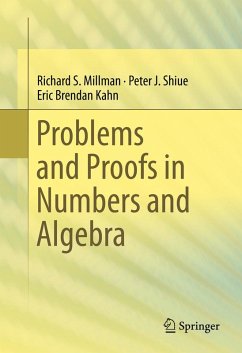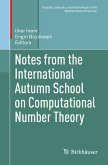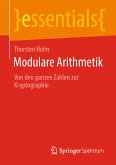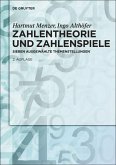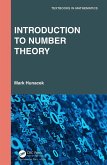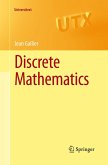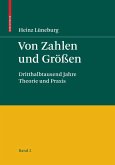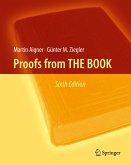Focusing on an approach of solving rigorous problems and learning how to prove, this volume is concentrated on two specific content themes, elementary number theory and algebraic polynomials. The benefit to readers who are moving from calculus to more abstract mathematics is to acquire the ability to understand proofs through use of the book and the multitude of proofs and problems that will be covered throughout. This book is meant to be a transitional precursor to more complex topics in analysis, advanced number theory, and abstract algebra. To achieve the goal of conceptual understanding, a large number of problems and examples will be interspersed through every chapter. The problems are always presented in a multi-step and often very challenging, requiring the reader to think about proofs, counter-examples, and conjectures. Beyond the undergraduate mathematics student audience, the text can also offer a rigorous treatment of mathematics content (numbers and algebra) for high-achieving high school students. Furthermore, prospective teachers will add to the breadth of the audience as math education majors, will understand more thoroughly methods of proof, and will add to the depth of their mathematical knowledge. In the past, PNA has been taught in a "problem solving in middle school" course (twice), to a quite advanced high school students course (three semesters), and three times as a secondary resource for a course for future high school teachers. PNA is suitable for secondary math teachers who look for material to encourage and motivate more high achieving students.
Dieser Download kann aus rechtlichen Gründen nur mit Rechnungsadresse in A, B, BG, CY, CZ, D, DK, EW, E, FIN, F, GR, HR, H, IRL, I, LT, L, LR, M, NL, PL, P, R, S, SLO, SK ausgeliefert werden.

